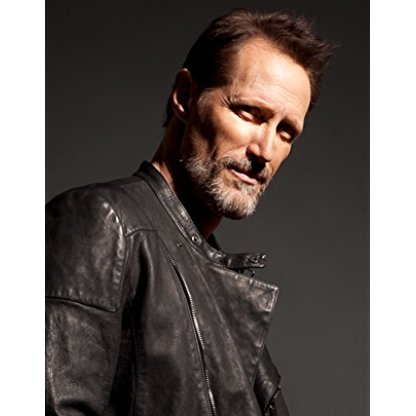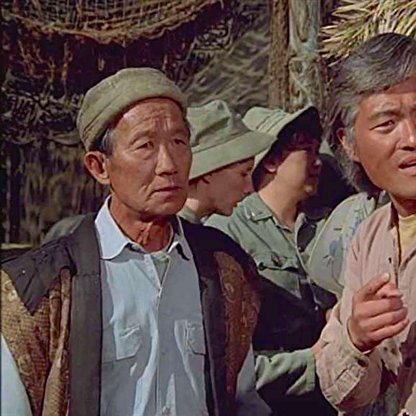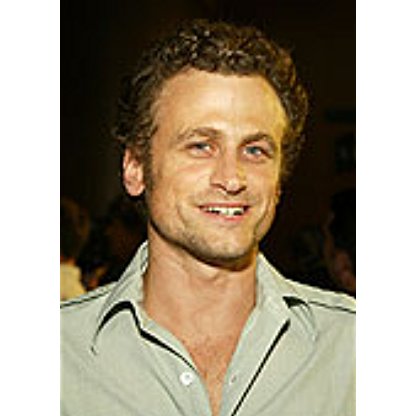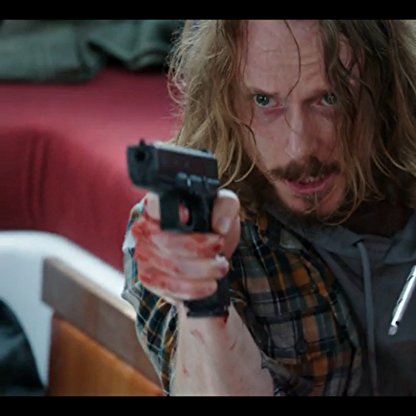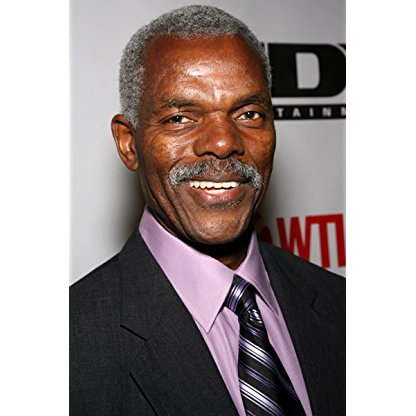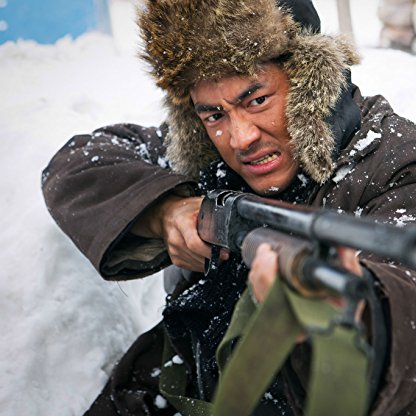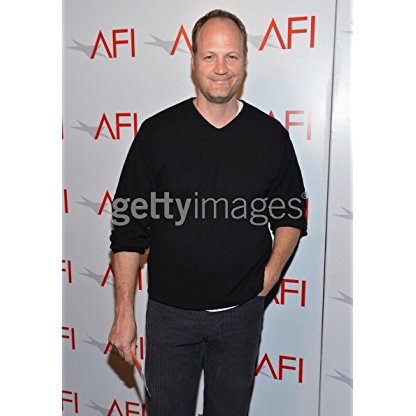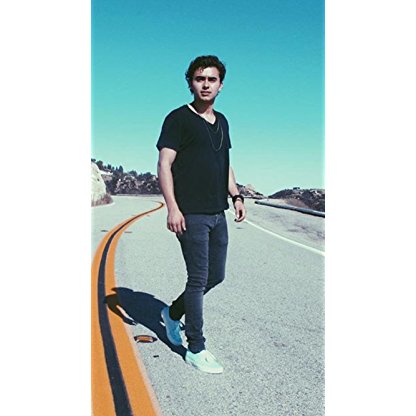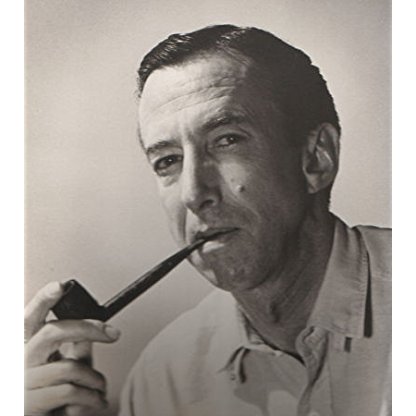Saeed Jaffrey was born on 8 January 1929 to a Punjabi Muslim family in Malerkotla, Punjab region. At that time, his maternal grandfather, Khan Bahadur Fazle Imam, was the Dewan or Prime Minister of the princely state of Malerkotla. His father, Dr Hamid Hussain Jaffrey, was a physician and a civil servant with the Health Services department of the United Provinces of British India. Jaffrey and his family moved from one medical posting to another within the United Provinces, living in cities like Muzaffarnagar, Lucknow, Mirzapur, Kanpur, Aligarh, Mussoorie, Gorakhpur and Jhansi.
